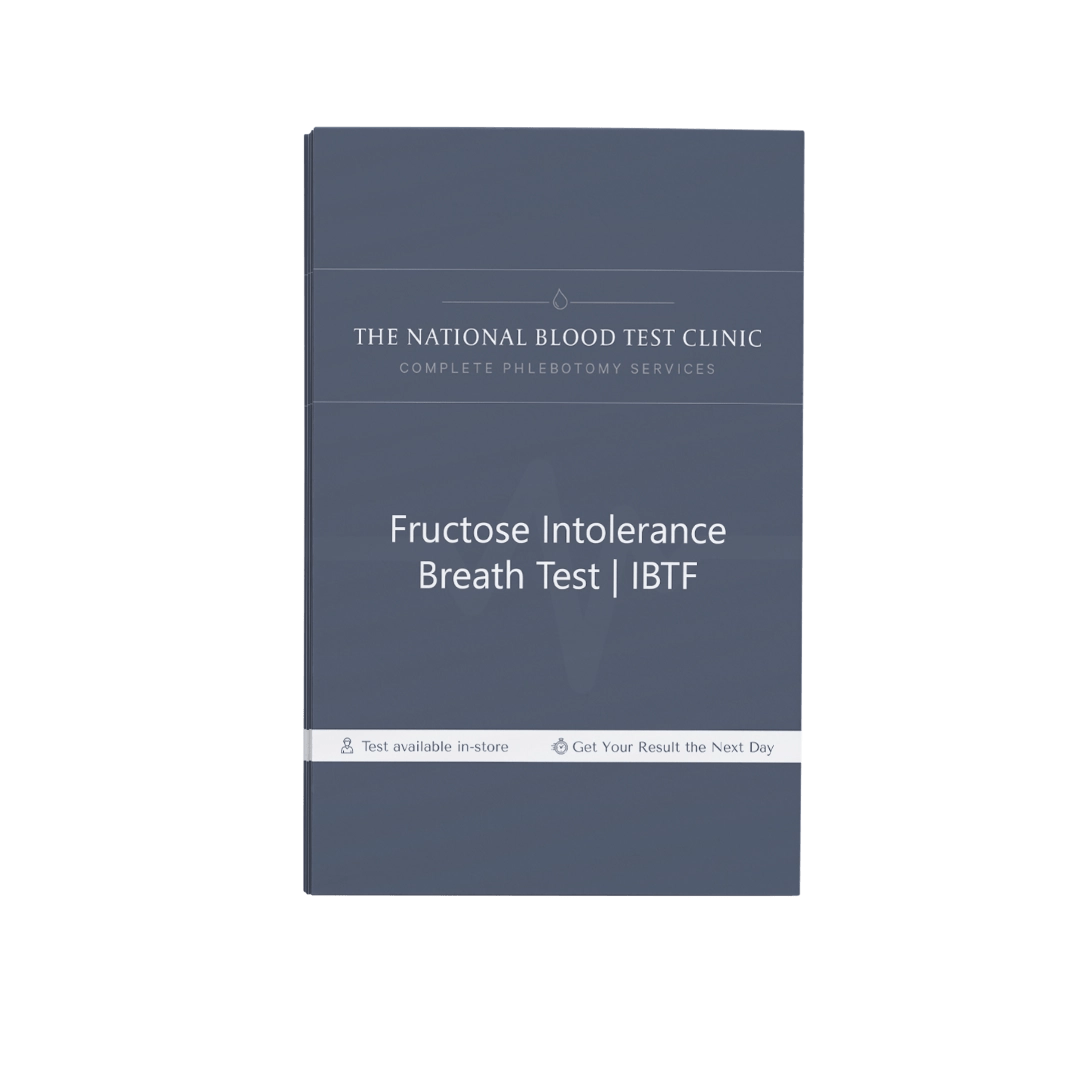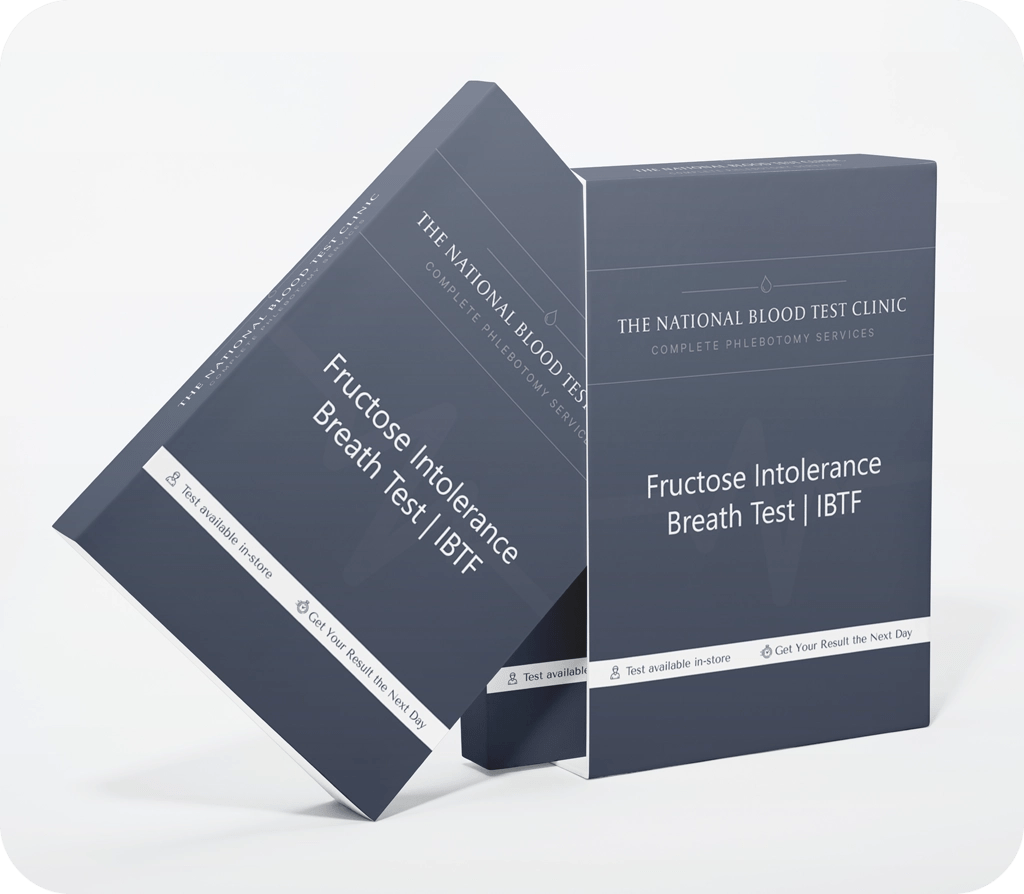My Store
Fructose Intolerance Breath Test | IBTF
Fructose Intolerance Breath Test | IBTF
SKU:IBTF
Symptoms like bloating, abdominal cramps, gas, or diarrhoea after eating fruit or fructose-containing foods may indicate fructose malabsorption. The Fructose Intolerance Breath Test measures hydrogen and methane levels in the breath after consuming a fructose solution, helping to confirm whether the body struggles to absorb this sugar properly.
Why Breath Test for Fructose Intolerance Matters?
Fructose malabsorption is a common yet underdiagnosed cause of digestive discomfort. Identifying intolerance allows individuals to make targeted dietary changes, reducing symptoms and improving quality of life. This test provides clarity by detecting fermentation in the gut linked to poor fructose absorption.
What Gets Assessed?
- Breath hydrogen and methane levels
- Digestive response to fructose ingestion
- Evidence of malabsorption and fermentation
Turnaround Time
- 48 Hours
100 in stock
Couldn't load pickup availability
Enter Your Details
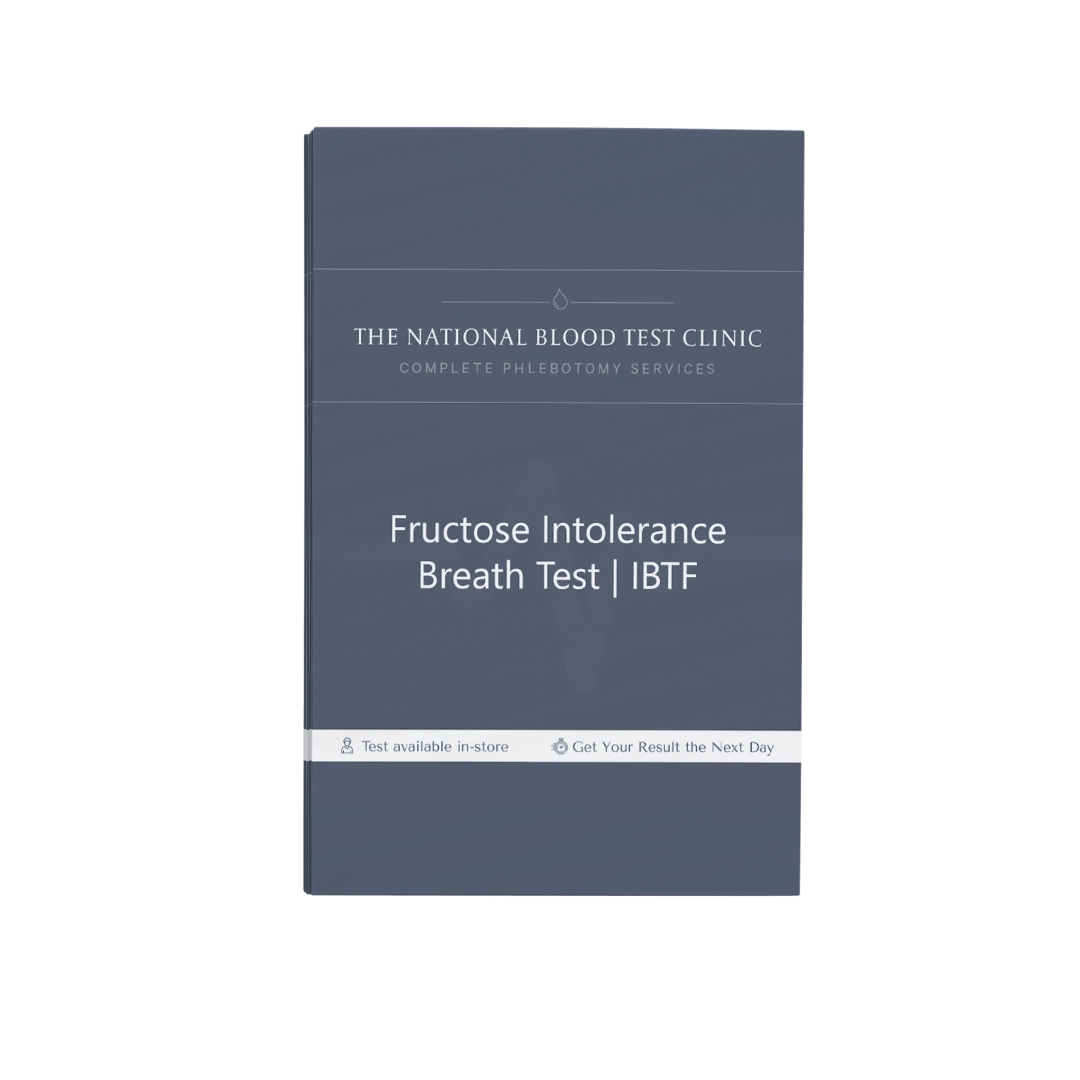
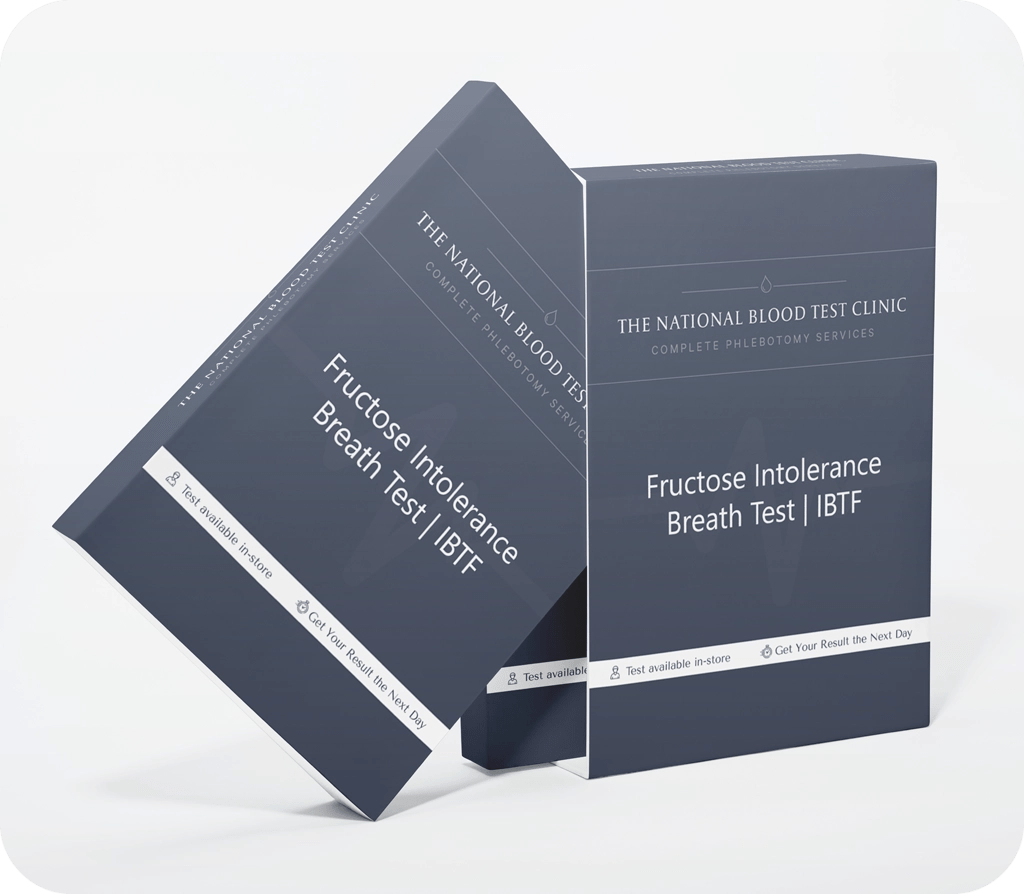
Visit a partner clinic (+£50)
Once you've ordered your test, look out for an email from our phlebotomy partners containing information and a link to book your appointment. We'll send you everything the clinic will need to complete the sample and post it back to our labs.
Organise a Nurse Yourself
If none of the above options work for you, you can arrange your own medical professional to collect your sample. There is no additional charge for this. Once you've ordered your test, we'll send you everything you and your chosen medical professional will need to collect a sample and post it back to our labs.
How Our Test Works
-
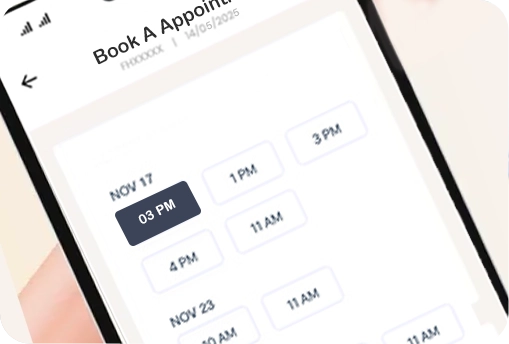
Place Your Order
Place your order online and receive a test kit delivered to your home. You’ll need to bring this kit with you to your scheduled appointment at one of our partner blood collection clinics.
-

Attend Your Appointment
At your chosen clinic, a trained nurse or phlebotomist will collect your blood sample using the kit you bring. If a sample collection courier is not available at the site, you’ll be asked to take the sealed sample with you and post it using the prepaid packaging provided.
-
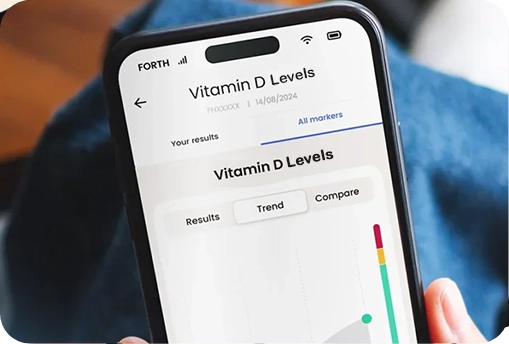
Receive Your Results
Once your results are ready, you’ll receive an email notification to log in and view them securely via your private portal. Please note: venous blood test results are not automatically reviewed by a doctor. We recommend booking a consultation with a qualified clinician to help you interpret and understand your results fully.
FAQs
Who should take the Fructose Intolerance Breath Test?
This test is recommended for individuals with bloating, diarrhoea, abdominal pain, or gas after eating foods containing fructose such as fruits, honey, or high-fructose corn syrup.
How is the test performed?
The Fructose Breath Test measures hydrogen and methane gases in your breath after drinking a fructose solution, helping to detect fructose malabsorption.
How long does the test take?
The test usually lasts 2–3 hours, with breath samples collected at regular intervals.
Can this test diagnose other conditions?
While it is specific to fructose intolerance, abnormal results can sometimes overlap with small intestinal bacterial overgrowth (SIBO), so a doctor may recommend additional testing.
What happens if I test positive for fructose intolerance?
If positive, your healthcare provider may suggest a low-fructose diet or adjustments such as avoiding certain fruits, sweeteners, and processed foods.
How should I prepare for this test?
Follow a restricted diet 24 hours before the test (avoiding high-fibre foods, beans, onions, garlic, and dairy), then fast for 12 hours with only water allowed. On the day, avoid smoking, chewing gum, exercise, and mouthwash. Some medications like antibiotics, probiotics, or laxatives may need to be stopped beforehand, but only under your doctor’s advice.
Subscribe to our emails
Be the first to know about new collections and exclusive offers.

